Posted on 12/20/2024
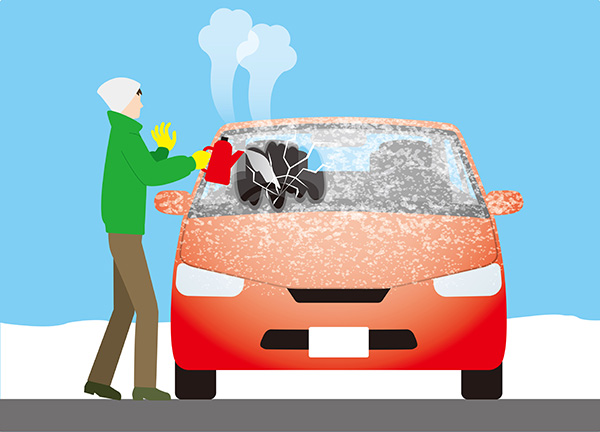
Winter mornings in McFarland, WI, can mean waking up to a frosted windshield. You’re in a rush, the scraper’s nowhere to be found, and the idea of pouring hot water over the glass might seem like a quick fix. But before you reach for that kettle, let’s talk about whether this is a safe solution—or if it could do more harm than good. Why Using Hot Water Is a Bad Idea It might seem harmless to pour hot water on a frozen windshield, but this method can actually cause serious damage. The sudden temperature change can create thermal shock, leading to cracks or shattering. Glass expands and contracts with temperature shifts, and the extreme contrast between hot water and icy glass increases the risk of breakage. Even if the windshield survives without cracking, hot water can freeze quickly in subzero conditions, leaving you with an even bigger mess. This layer of instant ice could make visibility worse and create slippery conditions around your veh ... read more
Posted on 11/29/2024
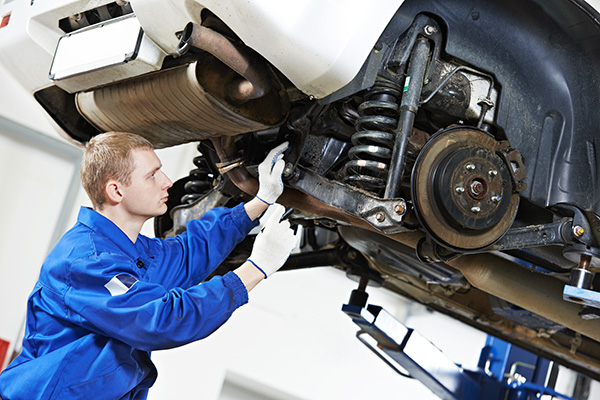
Your vehicle’s suspension system doesn’t usually get the attention it deserves—until something goes wrong. This complex network of components works tirelessly to ensure a comfortable ride, maintain proper alignment, and keep your car stable on the road. But like any other part of your vehicle, suspension parts wear out over time and require maintenance. So, which parts need your attention to keep things running as they should? The Role of Your Suspension System Before we get into the specifics, let’s discuss what the suspension system does for your car. In short, it absorbs shocks and vibrations from the road while maintaining tire contact with the surface. This ensures stability, control, and comfort, regardless of driving conditions. The suspension system isn’t a single part; it’s a team effort. It includes shocks, struts, springs, control arms, bushings, and more. When even one part starts to wear out, the entire system can be ... read more
Posted on 10/31/2024
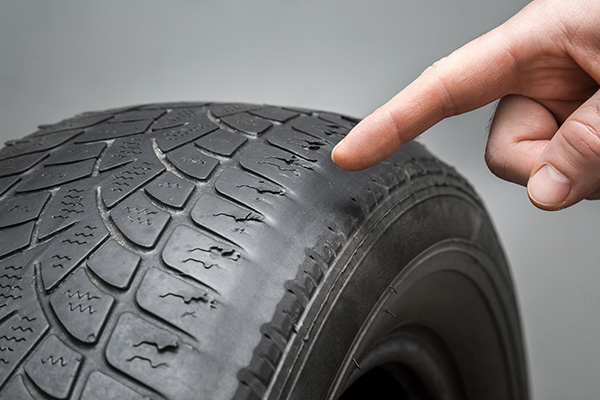
Ever looked at your tires and wondered why they don’t all wear out the same way? Uneven tire wear is one of those issues that many drivers notice but may not fully understand. It’s a sign that something isn’t quite right with your vehicle, and ignoring it can lead to bigger problems down the road—not to mention a shorter tire lifespan. So, what exactly causes tires to wear unevenly? Misalignment One of the most common reasons for uneven tire wear is improper alignment. When your car’s wheels aren’t aligned correctly, certain areas of the tire tread take on more pressure than others, leading to uneven wear patterns. You might notice that the edges of your tires are wearing out faster than the center or vice versa. Alignment issues often result from hitting potholes, curbs, or just regular wear and tear over time. If your vehicle pulls to one side or you feel your steering wheel vibration at certain speeds, those are clear signs of ... read more
Posted on 9/27/2024
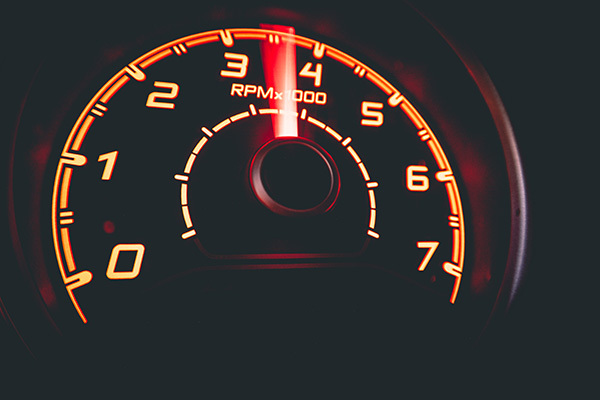
Do you notice your car’s RPMs fluctuating instead of staying steady? It’s a common issue, but what’s causing your car's RPM to be unstable at idle? The culprit could be anything from airflow problems to fuel delivery issues or electrical faults. Let’s look into some of the most common reasons why this happens and what you can do to fix it. What Causes Unstable RPM at Idle? There are several reasons why your car's RPMs might bounce around when it should be idling steadily. Let’s explore the most common causes that could be affecting your vehicle. Vacuum Leaks Another common cause of fluctuating RPMs at idle is a vacuum leak. Your engine relies on a delicate balance of air and fuel to run efficiently, and if there’s a leak in one of the vacuum hoses, it disrupts this balance. The engine may receive too much air, causi ... read more
Posted on 8/30/2024
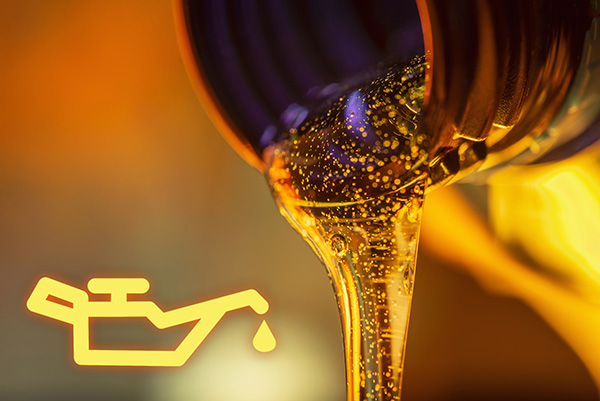
When it comes to car maintenance, the topic of oil changes often sparks a lot of questions. We’ve all heard the advice to change your oil every 3,000 to 7,000 miles, but what if you don’t drive as much as the average person? If your car spends more time in the garage than on the road, you might wonder if these guidelines still apply. Understanding how often you should change your oil when you drive fewer miles is crucial for keeping your engine healthy and ensuring your vehicle runs smoothly for years to come. Why Time Matters As Much As Miles It’s easy to assume that less driving means less wear and tear on your engine, and while this is partially true, it doesn’t mean you can ignore oil changes altogether. The oil in your engine plays a critical role in lubricating moving parts, reducing friction, and preventing overheating. Over time ... read more